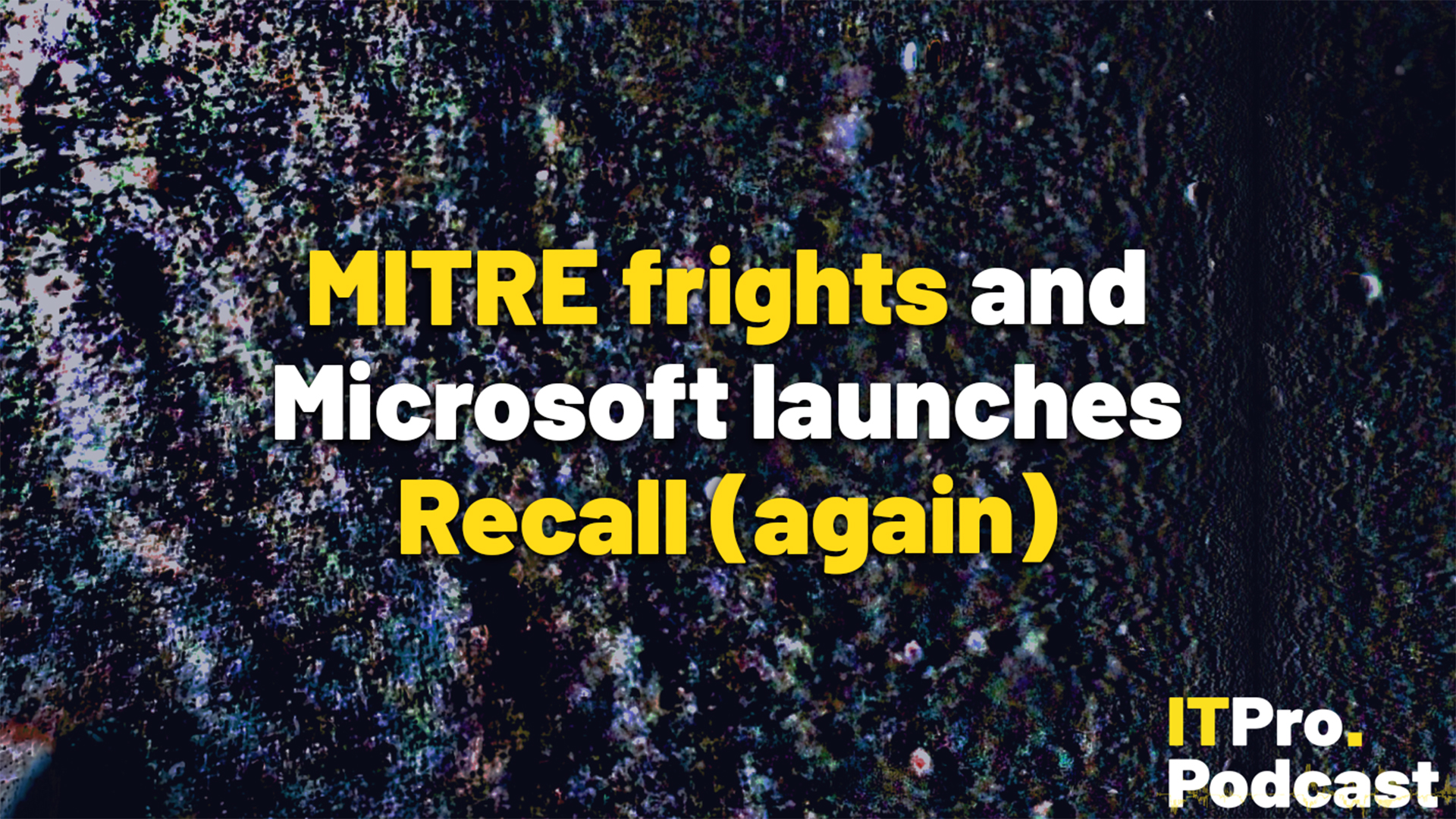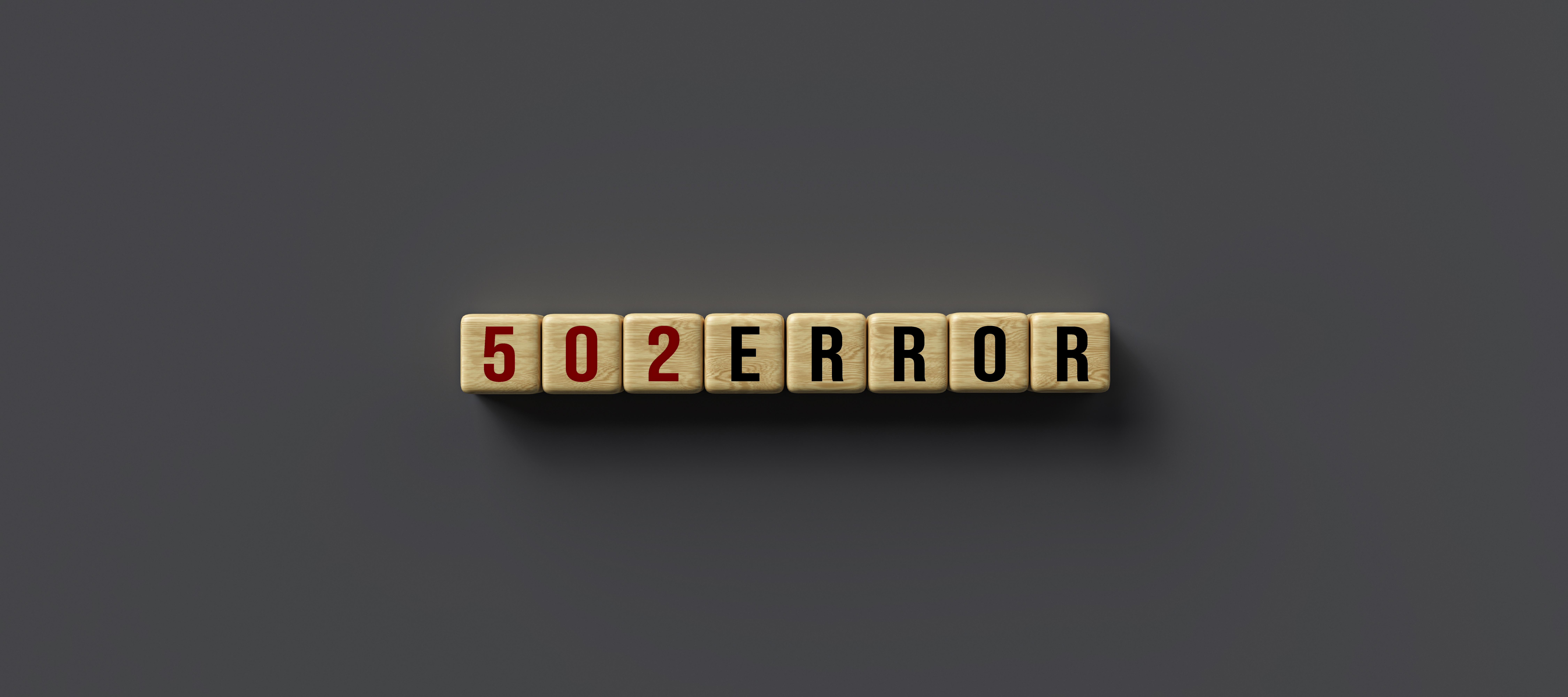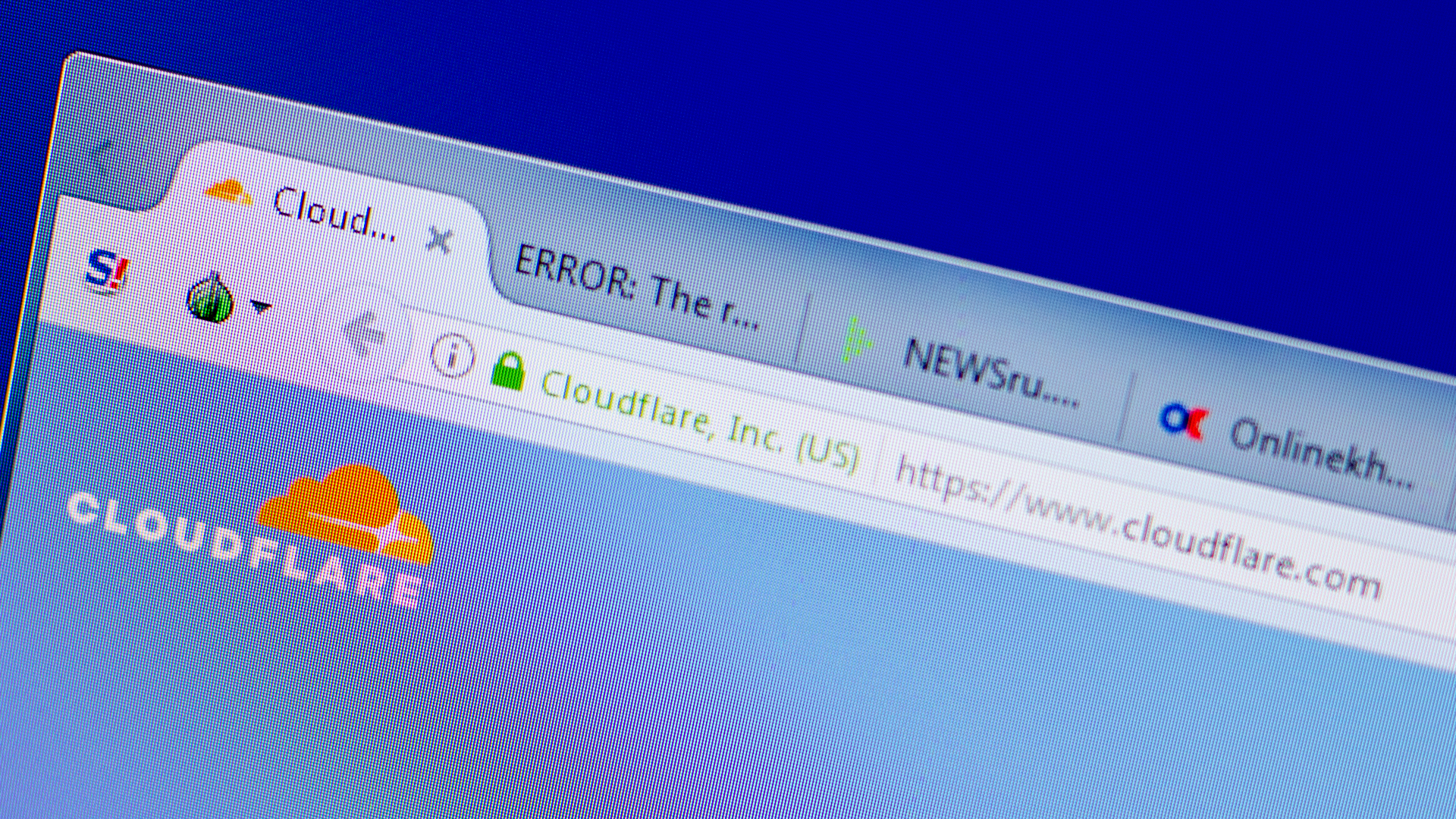Europol just took down 27 DDoS-for-hire sites
The festive period period usually sees a big bump in DDoS attacks - but this year may be a little safer


With the festive period traditionally a time for hackers to mount Distributed Denial-of-Service (DDoS) attacks, Europol has moved to preempt them with a sweeping takedown campaign.
The agency has seized 27 of the most popular platforms, known as booter and stresser websites, used to carry out these attacks. These include zdstresser.net, orbitalstress.net, and starkstresser.net.
Three administrators have been arrested in France and Germany, and more than 300 users have been identified for action in the future, the agency confirmed.
Over the last quarter, research from Cloudflare shows the number of DDoS attacks globally has soared, up by 49% on the previous quarter, with the banking and financial services industry subject to the most attacks.
"The festive season has long been a peak period for hackers to carry out some of their most disruptive DDoS attacks, causing severe financial loss, reputational damage and operational chaos for their victims," said Europol.
"The motivations for launching such attacks vary, from economic sabotage and financial gain to ideological reasons, as demonstrated by hacktivist collectives such as Killnet or Anonymous Sudan."
Operation PowerOFF was coordinated by Europol and involved law enforcement agencies from 15 countries. Frank Tutty of the UK's National Cyber Crime Unit, said the takedown will help to “undermine trust” among cyber criminals.
Get the ITPro daily newsletter
Sign up today and you will receive a free copy of our Future Focus 2025 report - the leading guidance on AI, cybersecurity and other IT challenges as per 700+ senior executives
"DDoS-for-hire services are a key component of cyber crime, and enable individuals with limited technical capability to offend with ease due to their ease of access and perceived anonymity," he said.
"Operation Power OFF helps to undermine trust in this criminal marketplace and make cyber criminals think twice before unleashing DDoS attacks, which can have serious consequences."
As well as taking down the websites, Europol said it was planning to launch an online ad campaign aimed at deterring people from taking part in these types of attacks.
The campaign will include Google search ads, to be displayed to young people searching for DDoS-for-hire tools on Google, as well as preventative messages aimed at young people watching YouTube tutorials on DDoS-for-hire tools.
RELATED WHITEPAPER

Along with this, Europol plans to carry out ‘knock-and-talks’ and send more than 250 warning letters and 2,000 emails to users of illegal services.
"We know that Booter services are an attractive entry-level cyber crime, and users can go on to even more serious offending. Therefore, tackling this threat doesn't just involve arresting offenders, it includes steering people away from straying into cyber crime and helping them make the right cyber choices," said Tutty.
"This is why our Google ad campaign is such a crucial part of this overarching operation, preventing would-be offenders from engaging with them in the first place, in tandem with enforcement action undertaken by law enforcement partners around the world."
In October, US authorities charged two Sudanese nationals involved in a major DDoS cybercrime network known as Anonymous Sudan, following an international investigation.
The group's DDoS tool was used to launch more than 35,000 DDoS attacks over the space of a year, causing more than $10 million in damages to victims in the US alone.
Emma Woollacott is a freelance journalist writing for publications including the BBC, Private Eye, Forbes, Raconteur and specialist technology titles.
-
 Westcon-Comstor unveils new managed SOC solution for Cisco partners
Westcon-Comstor unveils new managed SOC solution for Cisco partnersNews Powered by Cisco XDR, the new offering will enable partners to tap into new revenue streams, the company said
By Daniel Todd
-
 April rundown: MITRE frights and Microsoft launches Recall (again)
April rundown: MITRE frights and Microsoft launches Recall (again)ITPro Podcast As CISA delivered an eleventh-hour reprieve for the CVE database, AWS reportedly began to pause some data center leases
By Rory Bathgate
-
 Anonymous Sudan: Who are the hackers behind Microsoft’s cloud outages?
Anonymous Sudan: Who are the hackers behind Microsoft’s cloud outages?News The highly aggressive ‘hacktivist’ group is thought to have links to the pro-Russian Killnet hacker collective
By Ross Kelly
-
 Cloudflare unveils new One Partner Program with zero trust at its core
Cloudflare unveils new One Partner Program with zero trust at its coreNews Cloudflare CEO Matthew Prince says the initiative aims to take the complexity out of zero trust architecture
By Daniel Todd
-
 What is 502 bad gateway and how do you fix it?
What is 502 bad gateway and how do you fix it?In-depth We explain what the 502 Bad Gateway networking error means for users and website owners, and some potential steps for fixing it
By Rene Millman
-
 Everything you need to know about Cloudflare
Everything you need to know about CloudflareIn-depth A look at Cloudflare’s journey from a web security startup to a leader in internet performance, including what customers can expect from the company
By David Howell